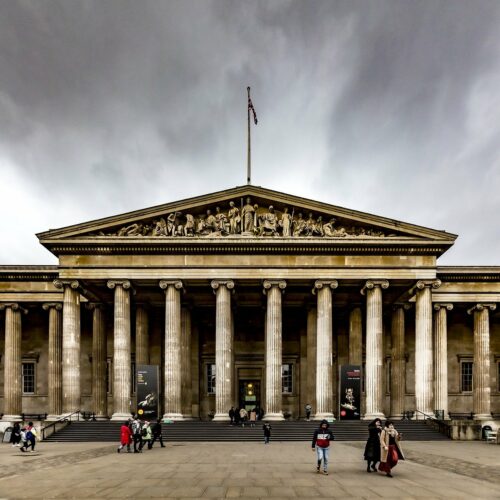

The British Museum is a museum of human history and culture in London. Its collections include objects of humanist heritage from the ancient world through to the 19th century. Prior to 1973, what is today the British Library was part of the British Museum, and its reading room was fertile ground for the rebel, the radical, and the irreligious. Through its doors came the likes of Charles Darwin, Karl Marx, George Bernard Shaw, and Virginia Woolf. Woolf, an avid reader and lover of London, wrote in 1916 that:
…we should be willing to read one volume about every street in the city, and should still ask for more. From the bones of extinct monsters and the coins of Roman emperors in the cellars to the name of the shopman over the door, the whole story is fascinating and the material endless.
The British Museum holds busts of a number of ancient Greek thinkers and writers who are part of the humanist tradition. Among these are:
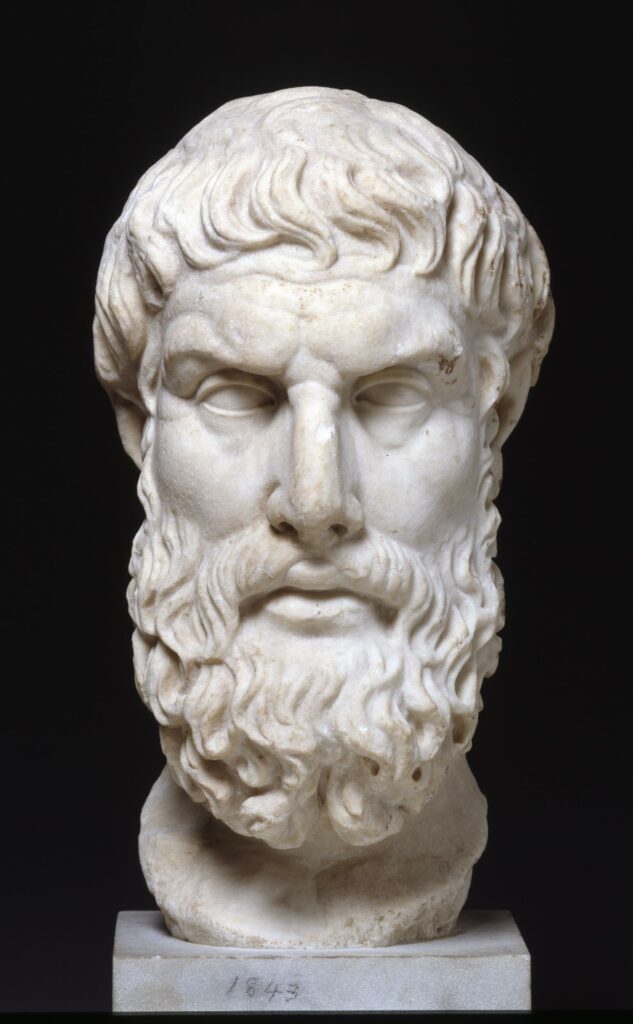
Socrates (469-399 BCE), whose freethinking scepticism brought him into conflict with authoritarian political forces of the day and led to his execution, and whose ethics were based on reason and experience, not religion.
Epicurus (341-270 BCE), who believed that human life had come about by natural processes, that happiness depended on moderation and the respect and friendship of others, and that there was no afterlife.
Chrysippus the Stoic (280-207 BCE), who believed reason, sympathy and knowledge were the tools human beings should use when addressing ethical problems.
Also on display is a famous bust of the Athenian democratic statesman Pericles, whose funeral oration as recorded by the historian Thucydides presents a model of the open society which has inspired humanist political philosophers from John Stuart Mill to Karl Popper.

Robert Owen, the son of a Newtown saddler and ironmonger, became one of the most successful mill owners of the […]
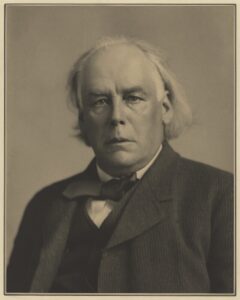
The National Secular Society is a campaigning organisation, founded in 1866 to champion the principles of secularism and the separation […]
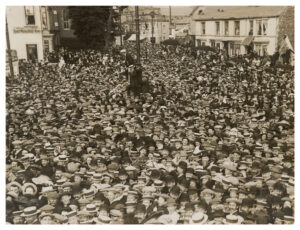
Wales has long been a nation of nonconformists, with a history of challenging the power and influence of the established […]
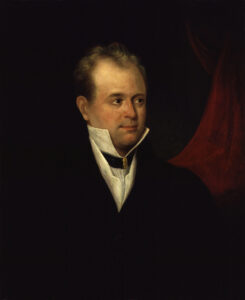
I have no view but public good; certainly no desire to injure any one, but a passionate desire to do […]